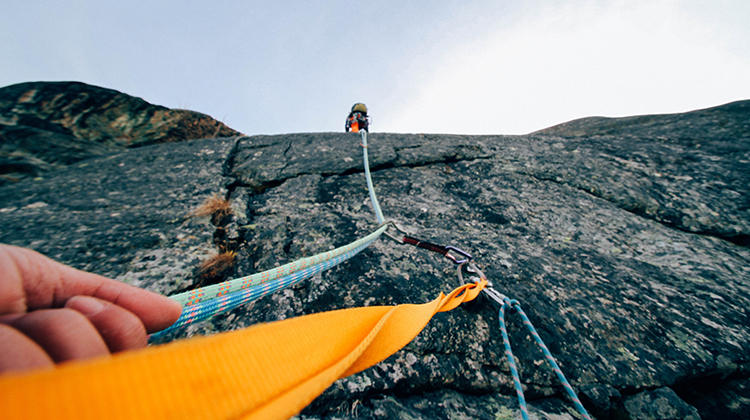Top Relationship Building Skills Teachers Should Have to Enhance Student Outcomes

Numerous international studies have identified the impact of teacher-student relationships on student outcomes. Complimentary studies promote the importance of connectedness in schools and on the specific qualities of in-school relationship. The significant link between teacher-student relationships and students’ social-emotional well-being and learning outcomes has also been repeatedly confirmed.
Positive teacher-student relationships are central to the wellbeing of both students and teachers, and are the foundation for student engagement, belonging, and learning. Students who learn and grow with strong relationships are more engaged, have stronger social skills, and experience more life success.
School culture that fosters continuous improvement is significant in the management of student and teacher wellbeing. What happens in one part of the school impacts on what happens elsewhere. Positive relationships between students and teachers improve students’ emotional well-being. This is because how teachers treat students affects how students treat each other.
Twenty-first-century teachers not only need to know curricula but also the relationship skills that will enhance learning and student outcomes. Effective teaching occurs within a broad social context and develops within students the abilities to regulate their emotions. The ability to communicate in the complex classroom environment today requires constant information flow and adjustment, and a skilled teacher who will regulate the flow of classroom discussion to maximise learning. Hattie (2008) and Dinham (2009) calculated the relationship between teachers and students to have a very large effect size (0.72). This research quantitatively measured the effect of student-teacher relationships and shows support for well-known positive qualitative effects.
Effective teachers create challenging, constructive classrooms, treat students with respect, and set high expectations for all students to maximise student learning. Students who feel safe to take risks in the classroom such as leading a peer group, speaking to the class or applying a new problem-solving strategy, improve their participation in learning.
Respectful, authentic communication skills could be considered as the most important relationship skill that teachers use. The development of mutual trust and respect are essential and can be seen in two-way exchanges between teachers and students. Without doubt, the ability to collaborate with peers is an important 21st-century skill and effective teachers create rich learning opportunities that develop these skills.
Successful teachers develop positive relationships by modelling behaviours that facilitate student learning. These behaviours include showing empathy and respect toward others. Everyone can recall a teacher who made a difference to their life and can identify some of the relationship building skills employed by that teacher. Relationship building attributes and skills such as, kindness and empathy, listening and offering honest feedback enhance learning and improve student outcomes.
Education is changing; some would suggest evolving. Community and systematic expectations are consistently impacting on teacher workload. Resilience describes the capacity of an individual teacher to manage the challenges of education today, and is a relationship building skill that can applied to enhance student outcomes.
The Latin term 'in loco parentis' best describes the professional role that teachers play in the life of their students; being responsible for a child when the parents are absent. This highlights the need for teachers to have some core relationship building skills that will enhance student outcomes.
Students and teachers engage relationship skills beyond the classroom. The role of schools to promote respect not just tolerance and to recognise individual differences reflects the diversity in our communities. In every facet of life, the skills and ability to work with and relate to others affects the quality of life.
Teachers who have successful relationship building skills will engage and enhance student learning and outcomes.
Image by Riccardo